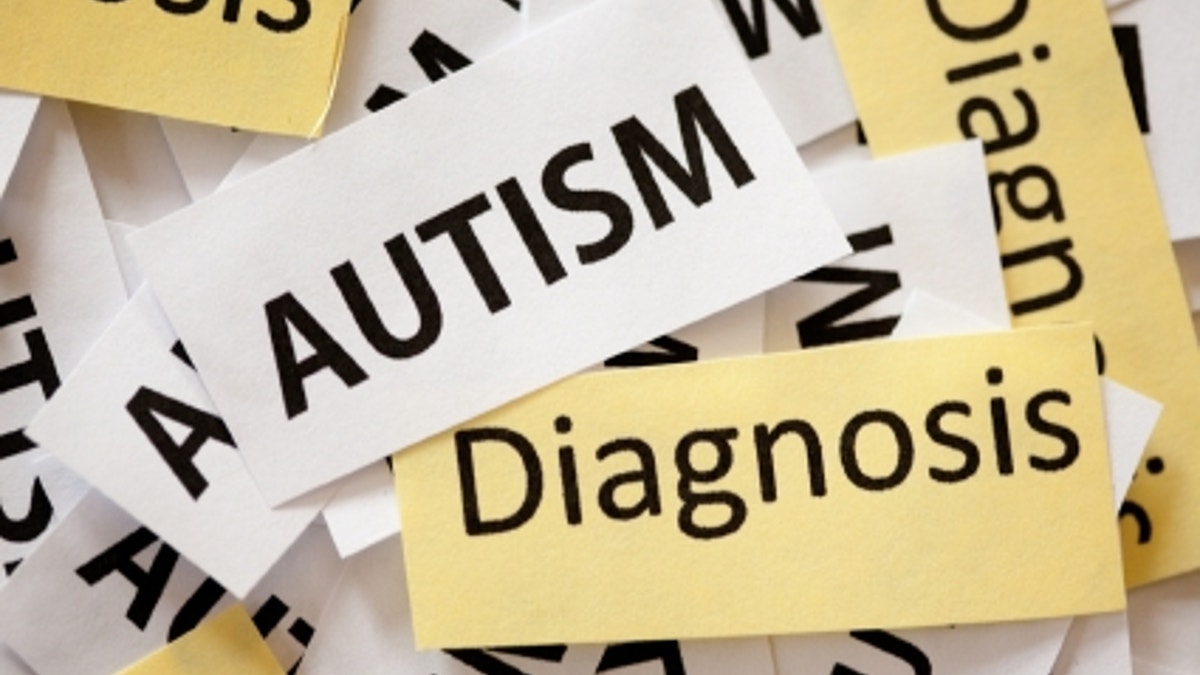
Snippets of paper reading "Autism Diagnosis" on them.
Removing heavy metals from the body through a process traditionally used to treat mercury and lead poisoning doesn't help relieve autism symptoms, a new analysis suggests.
During chelation therapy, patients are given injections of a chemical that binds to heavy metals, lowering their concentration in the blood and ultimately allowing the metals to be excreted through urine.
Chelation gained traction as an alternative treatment for autism due to a theory that mercury poisoning might play a role in the developmental disorder. However, evidence hasn't supported that idea and it's been essentially discarded in the scientific community, researchers said.
The procedure also carries safety concerns, including risks of kidney damage and gastrointestinal problems.
Lead researcher Tonya Davis from Baylor University in Waco, Texas, said the study team's goal was not to tell parents which treatments they should or shouldn't seek for their children.
"I see that they want to try everything, and they are well intentioned," she told Reuters Health.







































